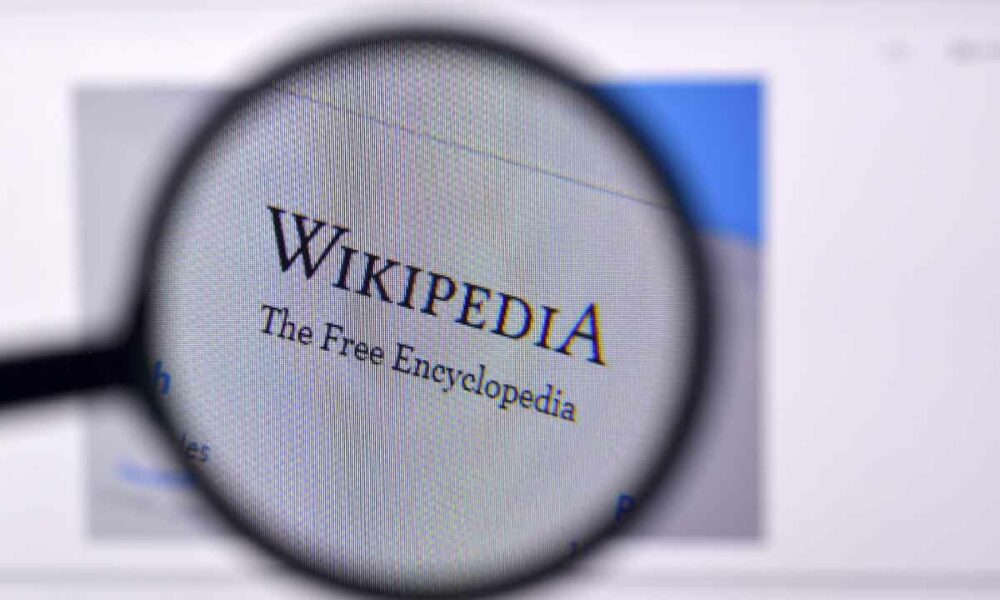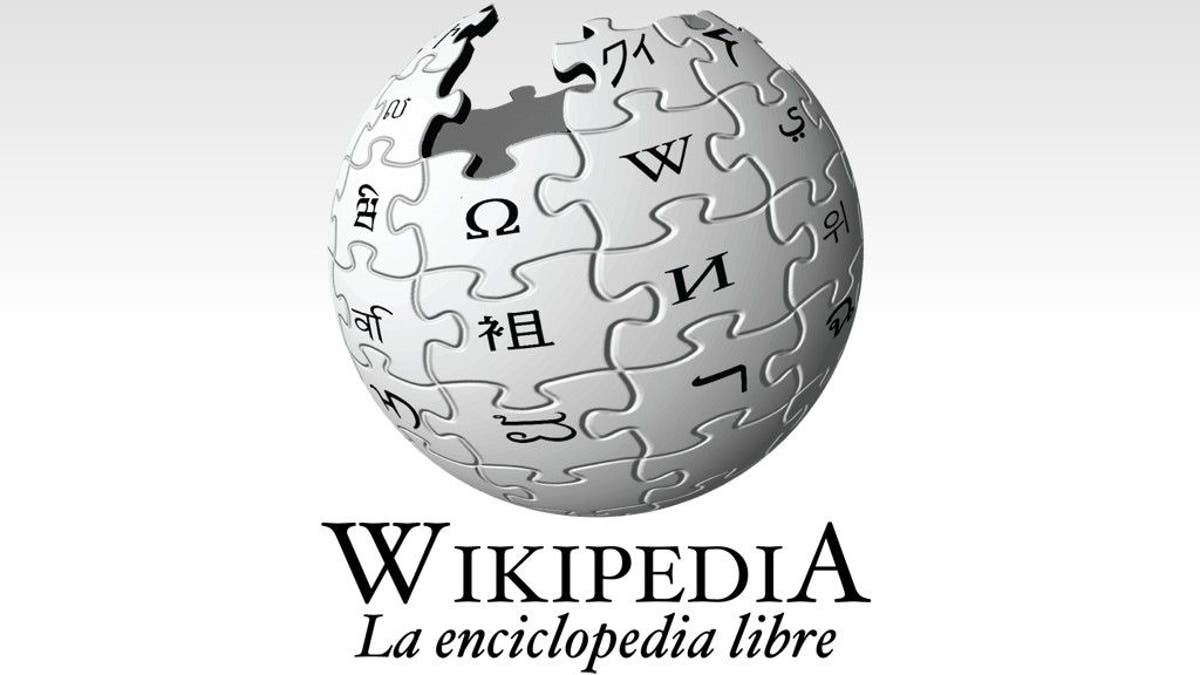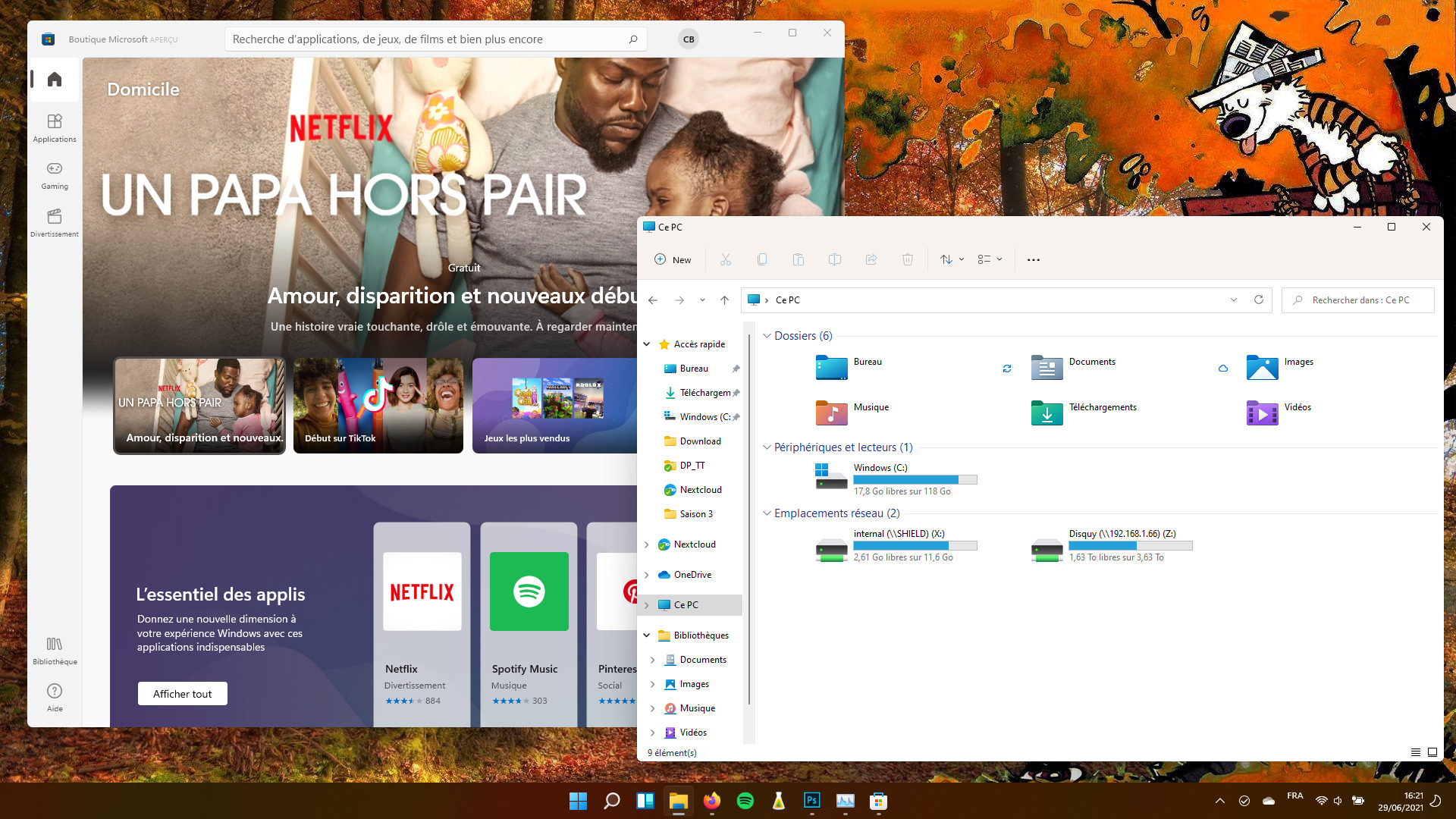
Wikipedia is, without discussion possible, one of the most interesting projects that emerged from the Internet. An open and collaborative encyclopedia, in which anyone can collaborate by contributing their knowledge and that completely democratizes free access to information. For those of us who grew up in times when encyclopedias still occupied entire shelves in our homes, seeing all that information, and much more, accessible at a simple mouse click, is a sensational advance.
Wikipedia has a whopping amount of over 6.458 million entries in English, over 1.755 million in Spanish, and equally monstrous figures in other languages. It is, today, the largest repository of general information and, unlike what happened with domestic encyclopedias, the most common thing is that the information is updated quickly when changes occur. That said, something that we could not have imagined a few decades ago.
However, the model is not perfect, and one of its main virtues also hangs one of its main defects. The vast majority of articles can be edited by anyone, it is not even necessary to be registered in Wikipedia to be able to create a new entry or modify an existing one, something that accommodates the good intentions of the majority, but also other more vicious tone on the part of others.
The latest example of this type of attitude is found in information published by Vice, in which we can read that a Chinese housewife devoted herself, for years, to falsifying the history of Russia in the Chinese edition of Wikipedia. Little by little, and in a very elaborate way, this woman, who identified herself on Wikipedia with the username Zhemao, would have created no less than 206 articles plagued with false information, which for years passed for authentic.
The beginning of the end of Zhemao’s misdeeds came when the Chinese novelist Yifan read one of his entries and, interested in the information in it, which he intended to use in one of his novels, wanted more information about it. With the Wikipedia article in hand, he went to experts who, surprised by the publication, They told him that this information was not true.. Then it was time to start pulling the strings.
An important point of this deception is that Zhemao would have written very complete entries and, in addition, would have linked them together, creating what we could define as a very well interwoven information structure. Thus, this deception goes far beyond others that we have previously seen on Wikipedia, but that affected a single specific entry. In this case, thanks to the elaborateness of the lie, these entries would have gone unnoticed for years.
Zhemao’s account, as well as other secondary accounts used by the same person, would have been permanently blocked, and a large team of Wikipedia editors would still be reviewing everything published and edited by this person. And it is that throughout all these years, he has been able to edit many other entries, whose information is now in question until it is confirmed by experts.
Zhemao’s case is somewhat extreme, but it reminds us in a very forceful way that we should not simply trust what we see published on Wikipedia. A few years ago, one of the creators of Wikipedia questioned the encyclopedia and even recommended not using it, while focusing on his new project, another online encyclopedia but in which strings are used of blocks to combat false and biased information. And it’s a shame, but perhaps the only solution for Wikipedia is to adopt similar or similar measures to protect the veracity of the content. On the contrary, its reliability can end up losing many integers.




